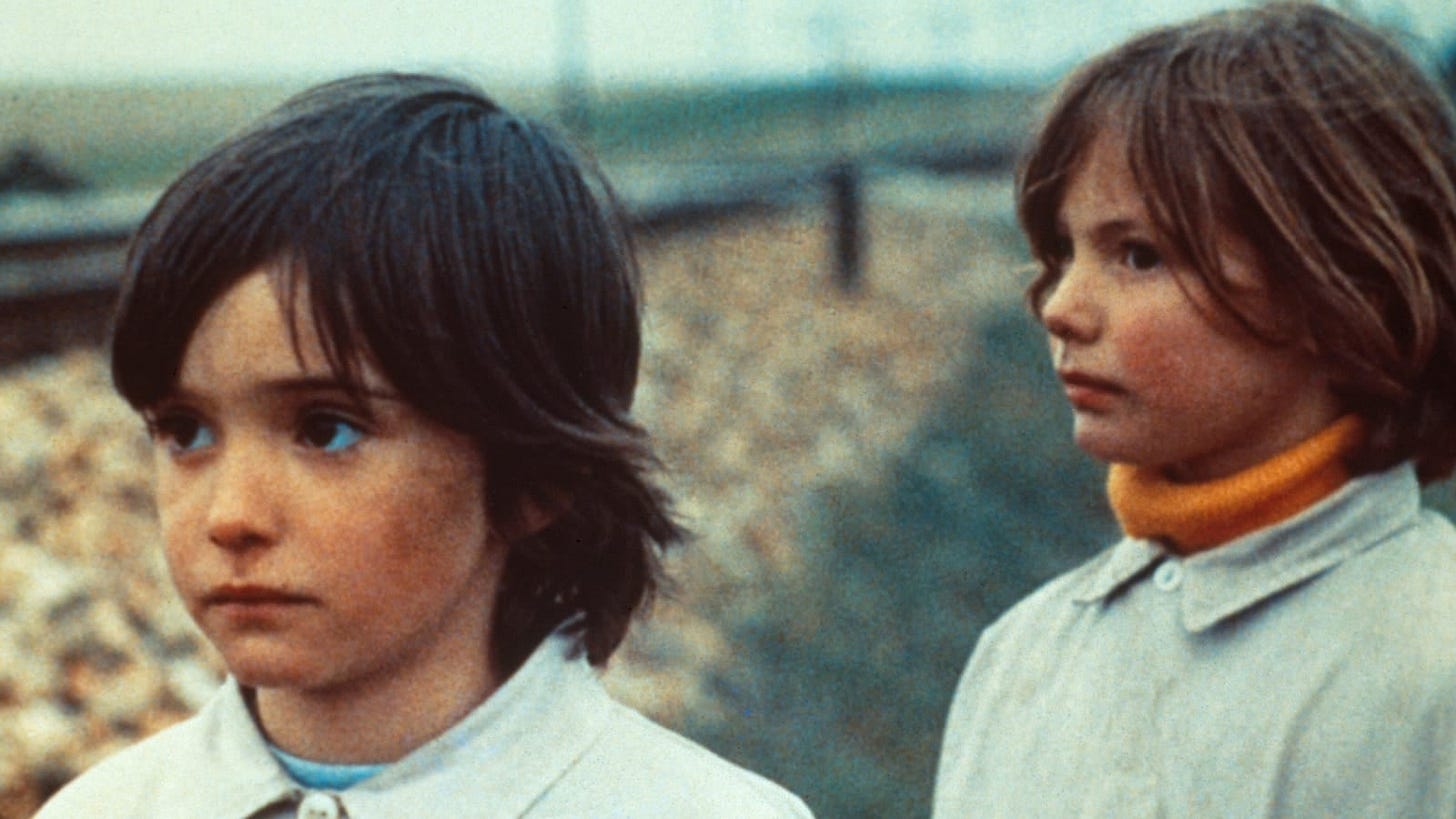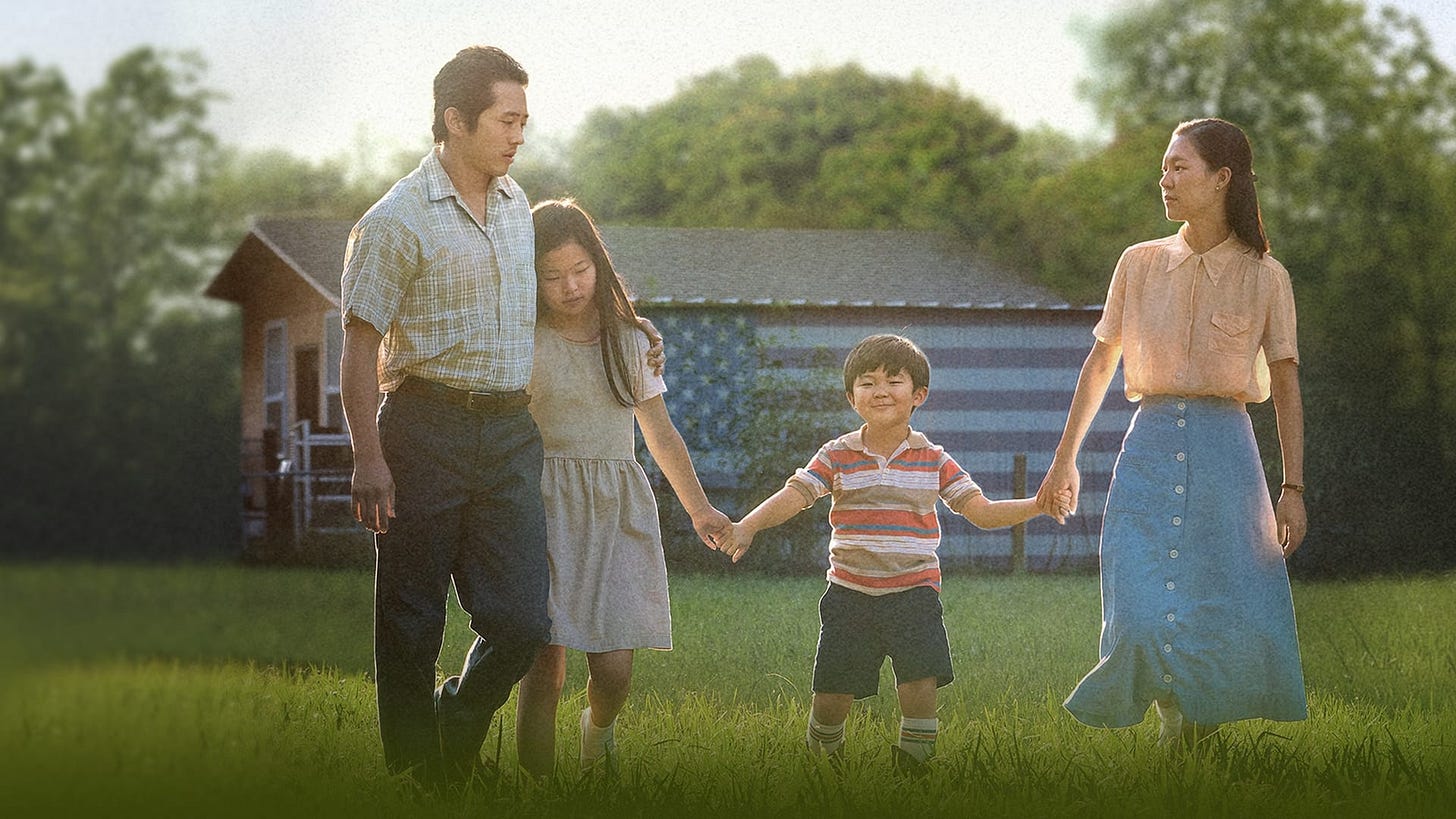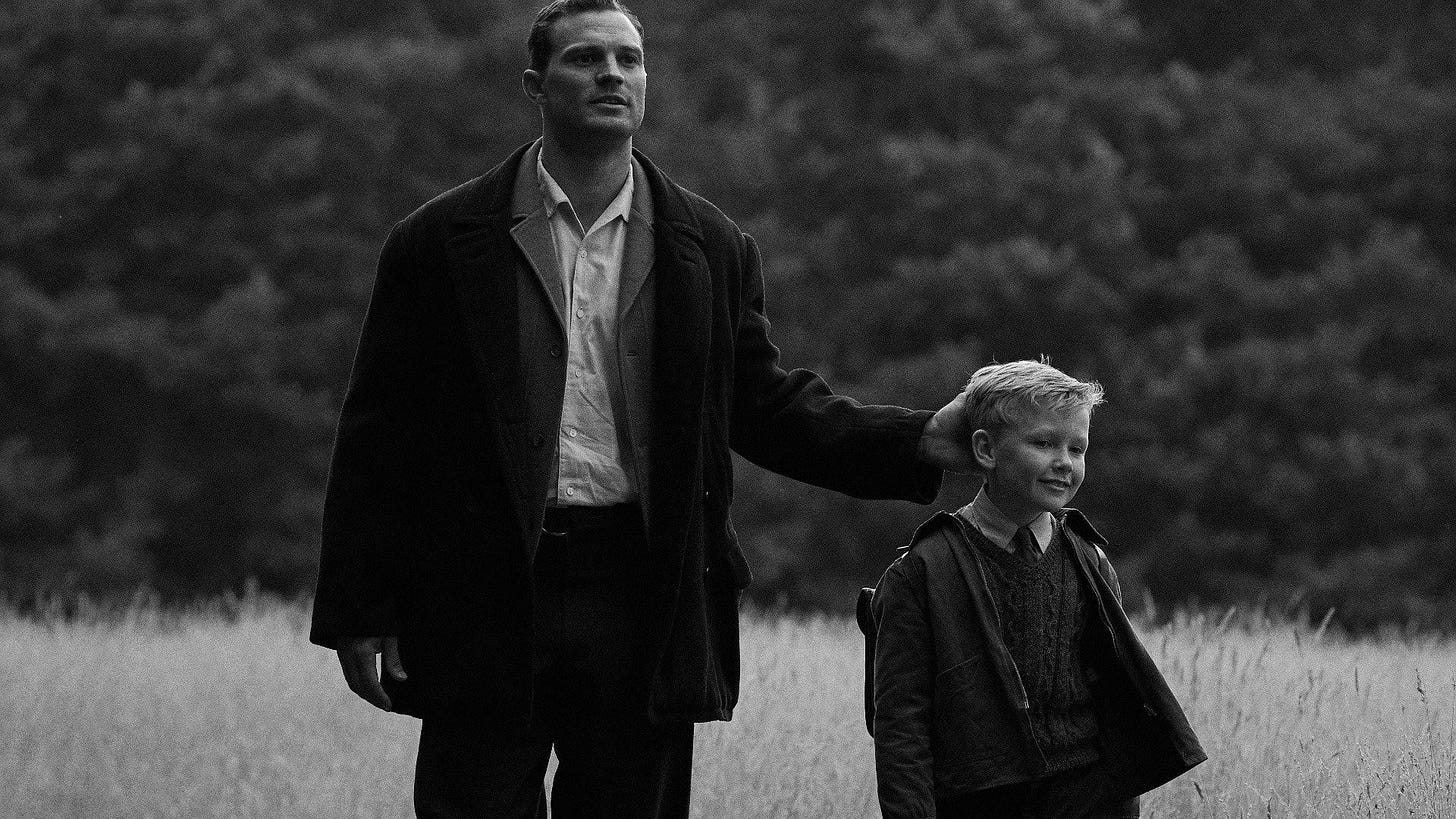Weekly Watches: July 24, 2024
Sharing Our Team's Recent Discoveries: Weekly Watches with 100 Movies Every Catholic Should See
The Spirit of the Beehive (1973)
Directed by Víctor Erice. Starring Fernando Fernán Gómez and Teresa Gimpera.
By
Before any real-world threats had entered my understanding, the boogeymen from the movie screen were the biggest threat to my life, lurking under my bed, always ready to pounce and take me away from this world. I slept with a nightlight and kept holy water by my bedside to keep the monsters at bay. Little did I know at age 5 that the movie screen monsters were the least of dangers.
The Spirit of the Beehive is among the gentlest depictions of this type of childhood innocence ever filmed, while also being quietly provocative, about an impressionable mind surrounded by the whisper of political unrest. Her innocence allows her to focus on the threats in her imagination, which, in this case, is James Whale’s 1931 version of Frankenstein that was screened in her village. Poetic and relatively plotless, Victor Erice’s portrait of a child’s worldview in 1940 Spain paints a delicate tale of impressionability and trauma. Franco’s Spain is subtly critiqued in background, but there exists little in the way of propaganda, instead focusing on wonder and the ever-present threat that innocence will disappear.
The still cinematography creates some of the most visually satisfying images that linger long enough for the viewer to bathe in their warm hues. It evokes a young person’s experience where cracks on the bed frame become interesting, or a black-and-white movie monster can suddenly exist in an old abandoned barn you pass on your way home from school. And when the real world threats close in, it may be easier for a child to blame the boogeyman than to process death. The camera lingering on little Ana’s eyes seems to capture the entire universe in her gaze. She has a mind untouched with cynicism, and a heart that is desperate to feel safe and make sense of a complex world she does not understand.
The influence on Guillermo del Toro’s heightened fantasy fables is clear, especially his Spanish civil war dramas Pan’s Labyrinth and The Devil’s Backbone, but the delicacy of the mood places The Spirit of the Beehive closer to the Tarkovsky’s of the world. Haunting simplicity masking an adult’s real-world concerns, Victor Erice finds temporary freedom in childhood innocence, even as he remembers how innocence can feel scary.
Minari (2021)
Directed by Lee Isaac Chung. Starring Steven Yeun and Han Yeri.
By Mitch McCurren
Twisters is one of the summer’s biggest surprise hits at the box office, and it seems its director, Lee Isaac Chung, has capitalized on the critical success of his 2020 film, Minari, to get the chance to enter the bigger-budget, IP world. While Twisters certainly seems to be the type of movie that lots of people are excited about, I think the quieter Minari is equally worth checking out. The film depicts a Korean family trying to adapt to a new life following a move to rural Arkansas. Jacob, played by the terrific Steven Yeun, is seeking to become prosperous beginning his own farm, but he meets consistent setbacks and struggles to balance his work with his family life. It is clear there is a real shared history that binds Jacob and his wife, Monica (Han Yeri) in a significant way, but Monica longs for the stability they had in California and rightly feels that Jacob has put her and their children on the backburner to make something for himself. Jacob’s pride leads him to choosing his work over his family. It becomes clear that any worldly success Jacob attains won’t determine where the family ends up; rather it is the love they demonstrate for one another that will.
The heart of the movie lies within the relationship of young David and his grandmother who comes to live with the family in order to watch the children while the parents work. At first the relationship is rocky and they pull childish pranks on one another, but soon enough a real bond forms between them. In one of the best and funniest scenes of the movie, the grandma shows David true grace as her forgiving disposition saves him from corporal punishment from his father after a prank gone wrong. When disaster strikes the farm at the climax of the movie, it is clear that the little moments of love they’ve given each other has saved their family. The final image of the movie shows the minari that was planted by David and his grandmother growing prodigiously. This calls to mind the parable of the mustard seed. Jesus teaches us that the kingdom of God is like the mustard seed which is the smallest of seeds yet it yields such a large plant that it can appear almost as if it is an invasive species growing anywhere that it is planted. The minari seed, like the mustard, is very much represented for me by the small acts of love of the Yi family, particularly between David and his grandmother. When those seeds of love take root and are watered a little, their effects can be truly transformational and invasive to all those around.
Jaws (1975)
Directed by Steven Spielberg. Starring Roy Scheider, Robert Shaw, and Richard Dreyfuss
By
There’s a certain comforting nostalgia in many Spielberg films, a palpable spirit of small town Americana that we in many ways yearn for. Perhaps it is some version of an idealized of America that we knew in our childhood subconscious, when we smoked cigarettes, read newspapers and listened to the radio. I never grew up with Jaws. It was one of those films that always seemed to have escaped me (we once started watching it in science class but were quickly interrupted by the period bell). Even as I watched it for the first time, it felt familiar. One thing I realized time and again during this first viewing was just how good Spielberg really is at his craft. The script, especially the exposition is nearly flawless. The premise is quite simple yet each character is given time to be fleshed out prior to the commencement of the main action. Memorable performances from Scheider and Dreyfuss allow us to easily enter the narrative drama. The cinematography never distracts with excessive ostentation but perfectly captures the vibrant New England town and the terror lurking beneath the waves. Occasionally Spielberg does pull back and pop off a gorgeous shot that really stands out such as when sunset comes to the crew of the Orca.
Much as has already been said on John William’s masterful score but there were little elements and surprises that I’d never heard before, even after listening to the soundtrack from childhood. The Shark Cage Fugue is an absolute delight, deftly mixing many of the film’s key leitmotifs in a thrilling contrapuntal exposition in the classical tradition of Bach. Another element which struck me was the positive portrayal of family life. Spielberg is oft known for his depictions of family disfunction. Yet in Jaws, the emotional core of the film revolves around a father putting his life on the line to defend his family (and community) against a danger that threatens to take their very lives. The onscreen interactions of the protagonist with his wife and kids show a strong sense of familial bonds rather than than the cynical estrangement we often expect from typical Hollywood fare.
Films with this level of hype and nostalgia often don’t live up to it when seen for the first time as an adult. But Jaws captures something special, perhaps the thrill of a truly American summer adventure where popcorn meets substance and artistry.
Belfast (2021)
Directed by Kenneth Branagh. Starring Jude Hill and Lewis McAskie.
By Anthony Morales
Rare are the times while watching cinema where one of my favorite parts in a film ends up being the characters. Oftentimes characters are either engulfed in a much larger, more grander epic which overshadows them or they’re stereotyped into the “leader, lover, and lunkhead” formula once more which often dominates much of modern cinema. And if they don't fit into these categories they simply end up being actors playing people and never ring with the audience as being “real” people to believe in. Kenneth Branagh's 2021 Belfast on the other hand gives us a glimpse into what cinema could be when characters feel like authentic people. Set during 1960’s torn apart Ireland at the brink of civil war, Buddy (Jude Hills) has to adapt to traumatic changing times while at the same time still trying to live his boyhood with friends and family. His mother (Caitríona Balfe) struggles with holding the family together while the father (Jamie Dornan) must protect his family from the monstrosities of gangs and violence. Each character holds within them the troubles of their own interior life. For the majority of the film we aren't shown much other than what Buddy and others see and how they experience it. Often scenes play out centered around shared family moments of joy, fear, or tears. Over the course of the film, we learn to take it slow with these characters and care for them. We are slowly drawn in to see this film not through our perspective but rather through that of the characters. When one really thinks about it, we have no right to be in this story from the beginning if not for the characters within it, so we might as well see what they have to see. In the end it proves a pleasant watch for anyone in search of a new film to expand their horizons of cinema.











Some good ones this week, loved the Minari review! The Spirit of the Beehive was added straight to the watchlist!
I'd love to contribute at some point as I've talked to some of y'all on Letterboxd before.